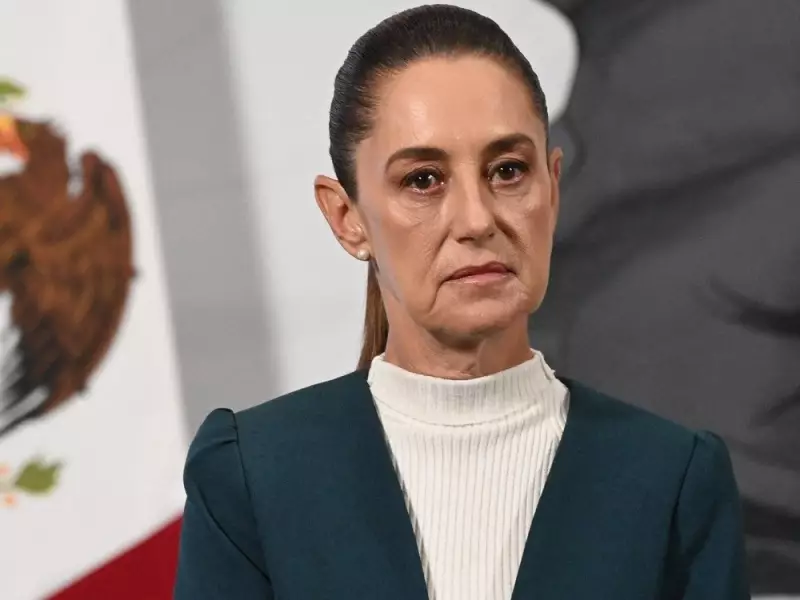
In a disturbing breach of security and personal boundaries, Mexico's president-elect Claudia Sheinbaum was subjected to an unwanted physical assault during what should have been a celebratory campaign event. The incident, captured on video, shows the moment a man reached through the crowd and groped the political leader as she greeted supporters.
The Shocking Moment Captured on Camera
Video footage from the event reveals the troubling scene unfolding in real-time. As Sheinbaum worked her way through an enthusiastic crowd of supporters, a man can be seen reaching out and deliberately touching her inappropriately. The brief but violating contact occurred despite the presence of security personnel tasked with protecting the presidential candidate.
Immediate Aftermath and Public Reaction
The incident sparked immediate outrage across social media platforms and political circles. Many expressed concern about the safety of female politicians in Mexico, particularly during public engagements where close contact with supporters is expected. The assault highlights the unique challenges women face in political leadership positions.
Security Protocols Under Scrutiny
This event has raised serious questions about the adequacy of security measures for high-profile female political figures. Despite being surrounded by security detail, the breach occurred in a matter of seconds, demonstrating how vulnerable public figures can be during crowd interactions.
Broader Implications for Women in Politics
The groping incident against Sheinbaum represents more than just a security failure—it symbolizes the additional barriers and violations female politicians routinely face. As Mexico prepares to welcome its first female president, this event serves as a stark reminder of the gender-based challenges that persist in political spheres.
Political analysts and women's rights advocates have pointed to the incident as evidence that even women at the highest levels of political power remain vulnerable to harassment and assault, underscoring the need for improved protections and cultural change.





